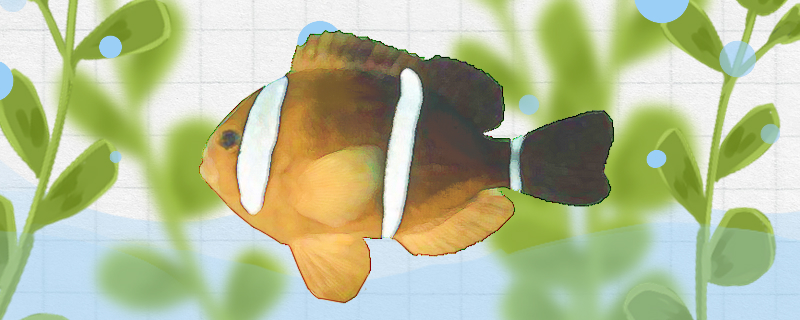 Is
Is ? The three-belt clownfish is a kind of clownfish, which is very ornamental because of its lovely appearance and bright color. In addition to the basic requirements for water quality, food and other conditions, they also have certain requirements for the growth environment. To raise clownfish, first of all, we should create a warm and comfortable growth environment for them, build a cave for them with several living stones, and make water flow through the cave.
Because clownfish and sea anemones are symbiotic, they also need to breed some sea anemones in the fish tank to satisfy their living habits. They usually live in groups, so the number of anemones should match the number of clownfish to avoid them competing for territory. In addition, their growth can not be separated from light, sufficient light will make their body color more bright. Generally speaking, this kind of fish is relatively easy to raise, but for the novice who has just started to raise marine fish, it is still difficult.
three-zone clownfish 1. Water environment: The ideal sea water standard for raising three-zone clownfish is that the specific gravity of salinity is between 1.022 and 1.023, the water temperature is between 26 and 27 degrees Celsius, the PH value is between 8.0 and 8.5, the hardness of water is between 7 and 9, and appropriate light and water flow are given.
2. Feeding: Shrimps, crabs and algae are the favorite foods of clownfish. You can also feed frozen shrimp, shellfish, red blood worms, flake feed and other foods. Three-banded clownfish need to be fed regularly and quantitatively every day, and often change the food pattern to keep them more vigorous appetite.
3. Change the water: The water is usually changed with the prepared seawater. The general step of changing the water is to pump out part of the seawater in the tank and replace it with the newly prepared seawater. Before changing the water, pay attention to adjusting the temperature of the new water to be consistent with the water temperature in the cylinder before adding it, so as to avoid the impact of the large temperature difference on them.